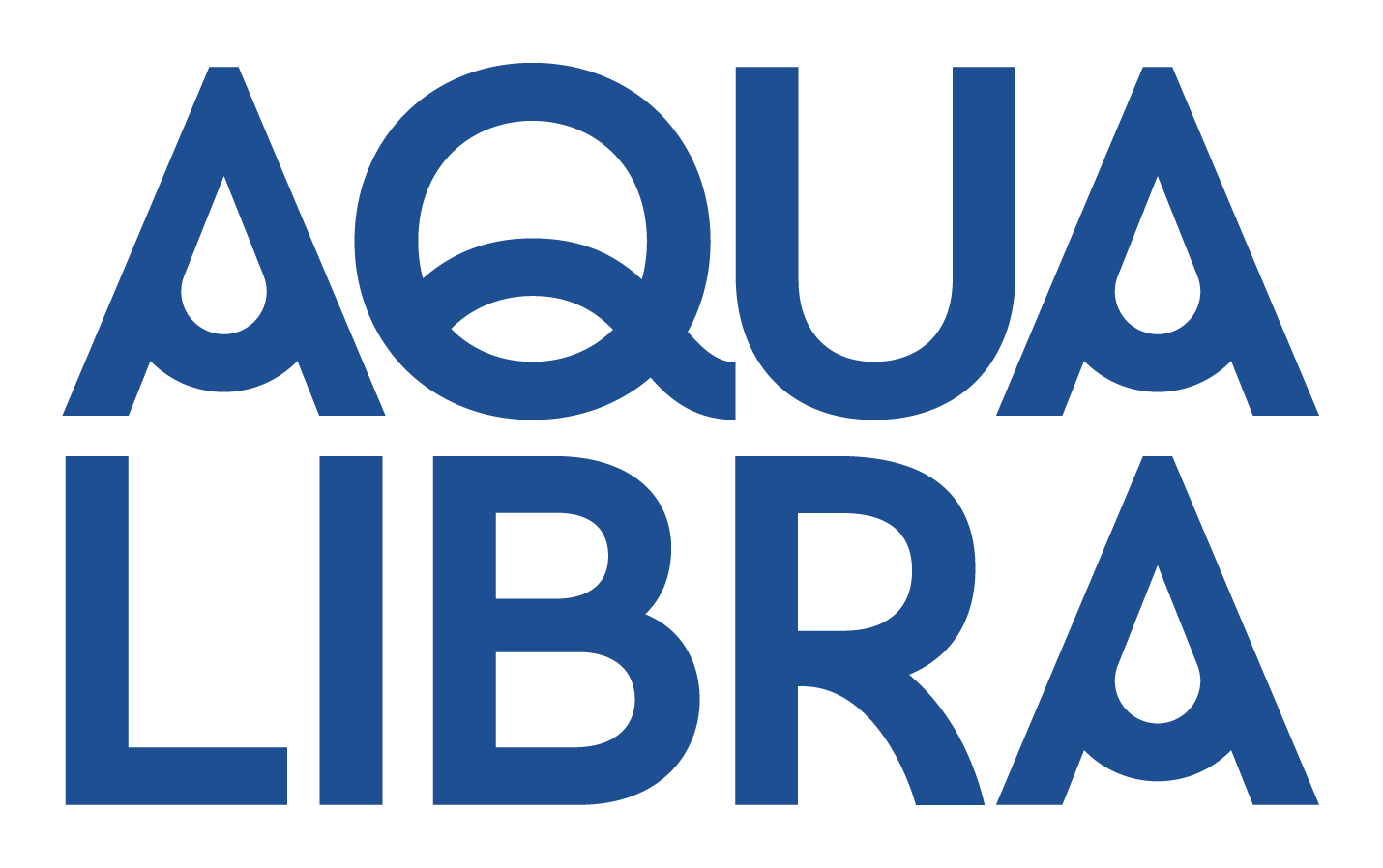Dry January Health Benefits
If you’re at the end of a dry January, it probably means that alcoholic drinks feature in your life to some degree.
Forsaking the pleasure of alcohol and its place in your routine isn’t the easiest thing in the world to do. So, as a little incentive, maybe we should have a quick look at just one of the detrimental effects of alcohol.
Alcohol inhibits the production of vasopressin
Vasopressin is an anti-diuretic hormone that’s released in response to hypertonicity of the blood. Tonicity is a measure of the relative concentration of solutes in solution. When the blood’s sodium content is high, vasopressin is released, stimulating the thirst reflex and causing the kidneys to reabsorb solute-free water into the blood by diffusion.
Reduced production of vasopressin can lead to dehydration and diabetes insipidus.
Okay, that’s enough of that. Let’s turn our attention, now, to some fantastic health benefits of non-alcoholic drinks – both hot and cold.
Water
We’ll start with the obvious. Pure water. The elixir of life.
Some like it hot. Some like it cold. Some like it fizzy.
But now and then, everyone likes a bit of variety.
Hot drinks
Bovril isn’t just for soldiers and football fans.
Invented by a Scottish butcher in the 1870s, Bovril has been a stalwart of the British diet for nearly 150 years. This hot, beefy drink is made up by simply adding hot water to a teaspoon-full of Bovril paste. One serving contains 0.6g of protein and zero fat.
Now, you can’t go wrong with a cup of herbal tea.
A caffeine-free infusion of plant material – leaf, flower, stalk, fruit, or root – is commonly referred to as ‘herbal tea’, although none of these is made from the tea plant (Camellia sinensis), and not all are made from either the botanical definition of herb (‘seed-bearing plant which does not have a woody stem and dies down to the ground after flowering’) or, for that matter, the more common definition (‘plant with leaves, seeds, or flowers used for flavouring, food, medicine, or perfume’). However, we all know what’s meant by herbal tea. So let’s move on.
Herbal teas are convenient, hydrating, low calorie, and, for many people, delicious. They’re often chosen for the medicinal properties of certain plants. Magnolia and lemon balm are both conducive to relaxation; cinnamon and ginseng are extremely good for the immune system; peppermint and senna aid digestion.
Over the past decade or so, the UK population has fallen more and more in love with coffee. However, tea is still the nation’s favourite.
Although tea does contain caffeine, there’s not a lot of it, and certainly not enough to counteract the hydrating benefit of a cup of tea.
Research shows that unflavoured black tea is the most popular kind of tea in the UK, taken with a small amount of cold milk. Some tea drinkers love the bergamot flavouring in Earl Grey or the bergamot-and-orange combo in Lady Grey. The smoky taste of lapsang souchong, however, has a smaller following.
Cold Drinks
While we’re on the subject of tea, how about a lovely cold iced tea.
Here’s how to make honey-sweetened iced tea.
Make an extra-strong pot of tea – five or six teabags, say, in 300 or 400mls of water – and let the tea brew for 10 minutes. Don’t squeeze the bags. Just let it infuse in its own time.
Pour the tea into a jug and add a tablespoon of honey (more or less, according to how sweet you like your iced tea) while it’s still warm. Now top up the jug with chilled water and refrigerate; the amount of cold water you add will depend on how strong you like it. Serve with a slice of citrus fruit.
Now, here’s a wild idea. Instead of adding just ordinary chilled water, try sparkling water!
CAUTION: drinking sparkling iced tea can cause delusions of being on holiday. If enjoying this beverage in your workplace, please don’t forget to work!
If you’d like to know more about water-dispenser systems for businesses and homes, contact us at Aqua Libra Co. We’d love to hear from you.


